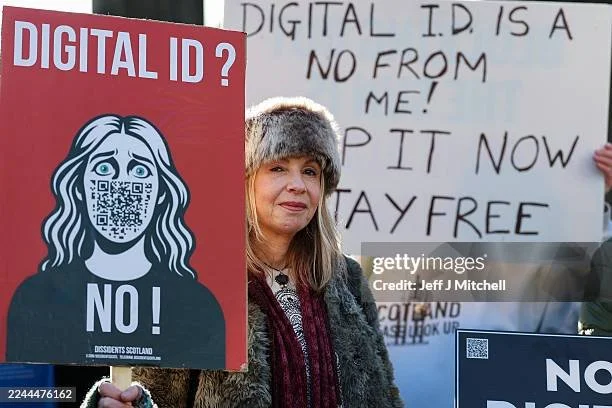Introduction of digital ID in the UK
By George France
Digital ID (Unsplash)
The UK government has planned to introduce the new digital ID scheme to help make it easier for people across the UK to use vital government services. Over 69 million UK residents will be expected to have their digital ID by the end of this parliament as an initiative to help identify those with a right to work.
The free digital ID will be stored securely on your smartphone and will include your name, date of birth, information on nationality or residence status and a photo like regular ID but to the style of a passport or eVisa. Employers will be required to check it before granting employment as evidence of your right to work to help stunt the prospect of work for undocumented immigrants.
Work is currently underway to draw up the design and technical details of the scheme to ensure it is fair, inclusive and follows best practice for security and data privacy. As with current procedures already in place in the UK the Police will not be able to demand to see your digital ID.
The aim that the government has laid out is the improved access to public services like education and social benefits by making it easier for everyone to quickly and easily prove their identity. It will also be available to use to prove identity when voting in elections. It will reduce identity fraud by minimising personal details that you give out and toughen employment checks.
Protesters protesting digital ID (Getty Images)
It will streamline verification processes across private sectors by enabling digital checks and efficient verification when doing things like opening a bank account or proving your age.
The British public have raised concerns surrounding the digital ID with around three million Brits signing a petition against the introduction. The concerns have mainly come from the breach of privacy, data protection and the potential for surveillance and profiling. With the introduction being imposed by the Labour government, both the Conservatives and the Liberal Democrats have expressed objection around privacy and expense while Labour are insisiting that it will not be a criminal offence to not hold a digital ID and the Police will not be able to demand to see one as part of a “stop and search”.
Amidst the concerns and the petition to raise the topic in parliament, the UK government are adamant they will follow data protection laws and best practices in creating a system which they believe people will be able to put their trust in.
There will be a public consultation launched in the coming weeks with the government aiming to work closely with employers, trade unions, civil society groups, and other stakeholders to co-design the new scheme and to ensure it is as secure and inclusive as possible.


